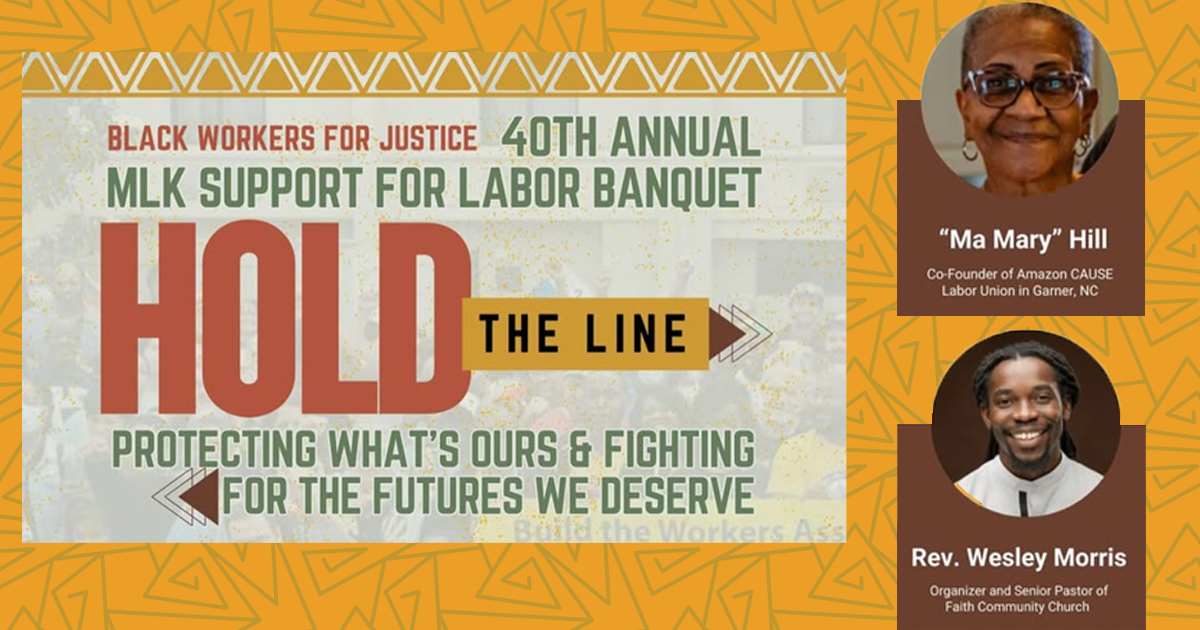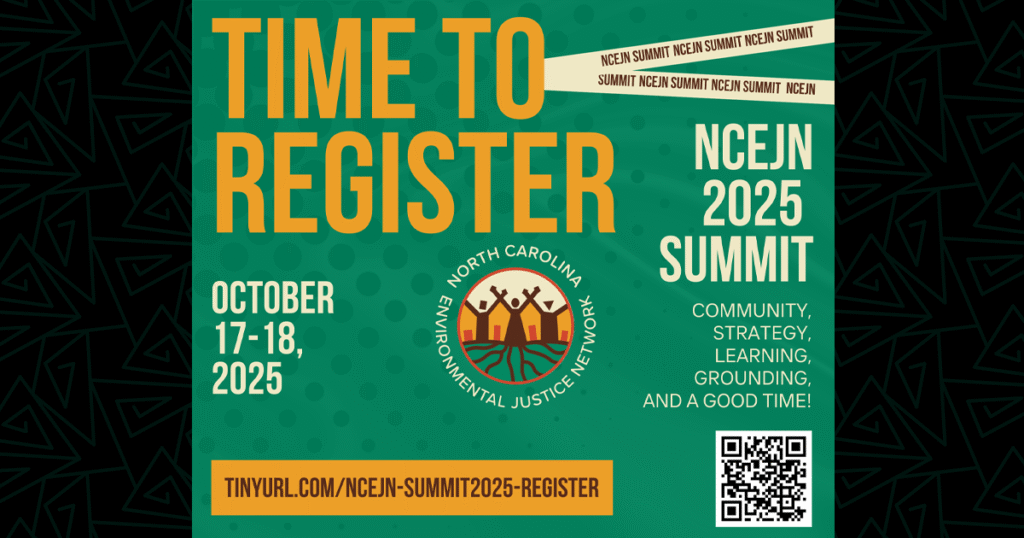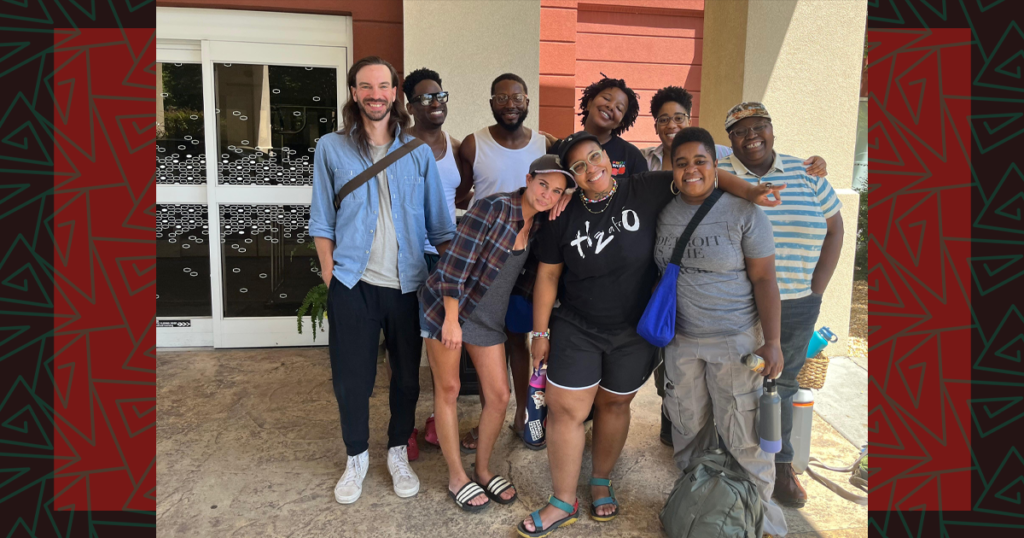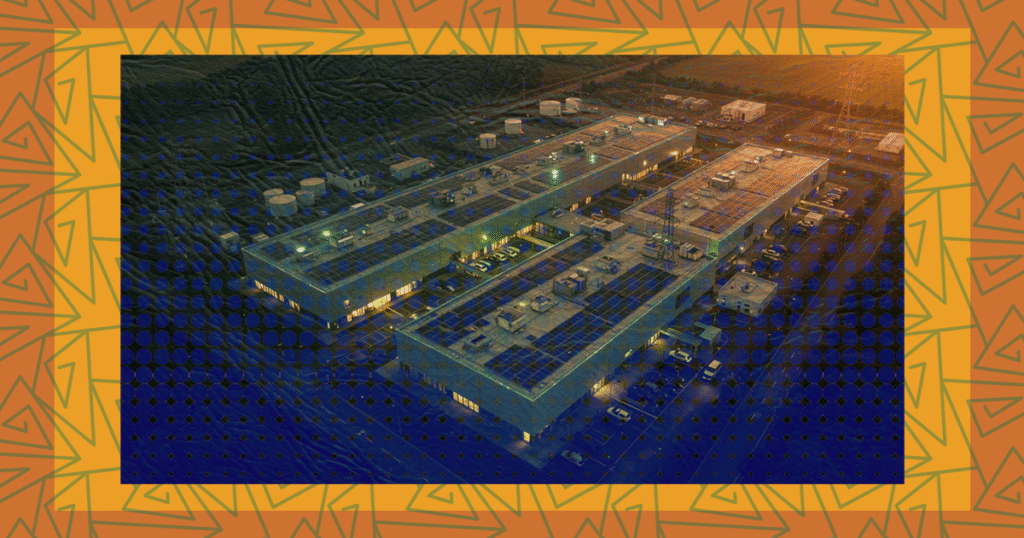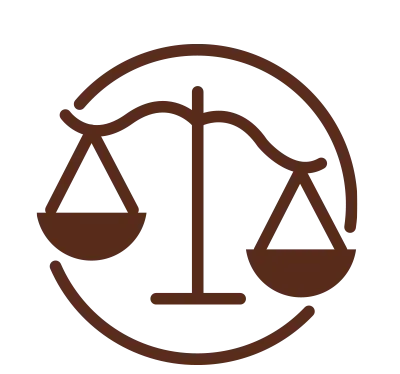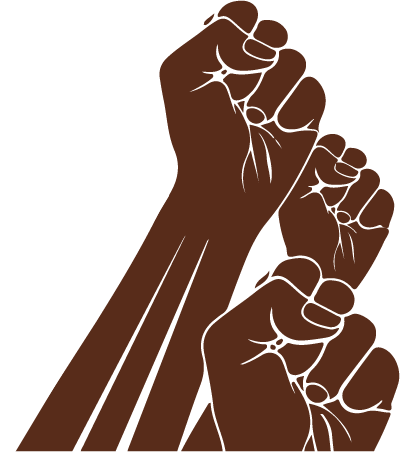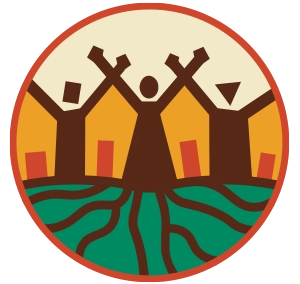Reverend Wesley Morris, Senior Pastor at Faith Community Church
These words were transcribed from a recording made at the Black Workers for Justice Banquet, of Reverend Wesley Morris, Senior Pastor at Faith Community Church and Southern Vision Alliance liaison to the Beloved Community in Greensboro. The recording can be heard here.
Good evening, good to see everybody again. I want to begin by thanking Black Workers for Justice, the organizers of the program here today, and all my beloved friends and family in this space.
Every time I speak, I don’t speak for myself, I speak with many others. I am back here in the same building, where 15 years ago I received my first award for organizing from this very organization– a self-determination award.
This actually inspired and moved me to keep going on. I grew up not too far away from here, in Raleigh, and so I want to honor my mother and my father, WJ and Carol Morris. I want to give thanks to my wife, who couldn’t be here, but she inspired me today. I also come from the Beloved Community Center, founded by Reverend Nelson Johnson, Ms. Joyce Johnson, and others. I would be remiss if I didn’t call their names into this space.
Like “Ma Mary” Hill [the first speaker at the event], I also speak from my heart, but I did write down a few things because I didn’t want to forget to say them. I will just say a few things, just to set some of the conditions under which we live. As we gather tonight in honor of Dr. Martin Luther King Jr and our shared fight for justice, we also draw strength from our past– a past marked by the relentless spirit of the 1930’s, the revolutionary courage of the 1970’s, and the resilient defiance of the 1980’s. Just as those who organized in eras of struggle and built the foundations of our rights today, we too must hold the line- defending everyone again and pushing forward to claim the future we so rightly deserve.
In our unity as Black workers, we echo their legacy by standing firm against injustice and by forging a path to a more equitable tomorrow. But to open our discussions, I do want to come from a particular theme,I do remember. A pivotal question was asked in a journal that I read a couple of days ago. The journal was called the 80’s. It said, “How do we organize the people’s movement today?” Two pressing conditions bring this question into sharp focus for me. The first condition is the assault on the oppressive neo-liberal policies- a systematic dismantling of our public institutions and an unwavering shift of power to corporate interests. These forces not only erode the safety nets that built and protect our communities, but also attempt to weaken the very foundation upon which collective action is built.
The second condition is the stark reality of state repression where dissent is met with surveillance, intimidation and legal barriers designed to silence voices of resistance. This climate of fear and control challenges us to reimagine and reinforce our methods of mobilizing for change. But together these conditions compel us to revitalize strategies of our predecessors. We must blend the grassroots organizing of the 30’s, the bold alliance-building spirit of the 70’s, and face modern repression with resilient innovative tactics.
Our struggle is not just for protection of what is ours, it is for the future that we deserve. We answer this call with unity, determination, and a clear vision for justice. But now I want to ask you about a country that refuses to grieve. I was listening to a short documentary called ‘the Black Panther Cubs’, about the children of Black Panther activists and organizers. They said “What becomes of a country that refuses to grieve?” I come from a city that took 41 years to grieve over the 1979 Greensboro massacre. The assassination of leaders in broad daylight in a city that forgot itself and its role in it. It took 41 years for them to stumble to the line and offer a statement of regret. It took them 41 years to name five scholarships in the name of five who were slain on that day. It took them 41 years.
And now the attacks on our memory are very clear. To me, our memories are part and parcel of our power. If they can help us forget ourselves, they may make us forget our future. I am a Lucille Clifton fan, she writes poetry, and she has written an anthology. I come across her works every so often, and I really can’t shake one that I read recently.
why some people be mad at me sometimes
they ask me to remember
but they want me to remember
their memories
and I keep on remembering
mine.
In preparation for today, I just sat down and started picking up journals in my library. Libraries are important – I know you all know that in here. But As we document our work, we document what has happened in years gone by, so that the years going forward don’t pass us so quickly. You can be a time traveller and slow down time if you know your history. It doesn’t seem like a whole lot of chaos, noise, confusion, and misdirection if you know that you’ve been here before.
If you see this slate of executive orders, you’re reminded of a time period when you’ve been here before. If you are forced as a person that is freshly out of some really hard times, and you are reconstructing a community and a foundation from which collective action can be taken, you might remember that you’ve been here before.
So when you get to this stage and phase, I just realized I picked up a journal it said “organizing for power, lessons from the 30’s, 70’s and 80’s and this was published in 1983. I picked up another book and it said “Palestinian Liberation, The Anti-War Movement, The African Liberation Struggle, and Black Workers League,” and this was also written in the 80’s. I remember the University of Pennsylvania Journal of Labor and Employment Law that says,“Reflections On An Attempt to Build An “Authentic Community” in the Greensboro KMart Labor Struggle” from the Spring of 2000, reflections of the Reverend Nelson Johnson.
Somehow someway, those that don’t seem like they are here, still get to be here. Those that might be freshly missing from our memories, in the hallways where we recognize and see them and know them, kind of get to live on if you keep living on. Kind of keep working and kind of keep organizing, if you keep organizing.
In this reflection, On An Attempt To Build An “Authentic Community” in the Greensboro KMart Labor Struggle, Reverend Johnson laid out two important parts to what it means to be a community. He said that there is a “spatial community”- a spatial community is your home, it’s your neighborhood, it’s your local stores, it’s the backdrop of how you live and you breathe every single day. But there is something about this relational community that he prioritized. He said there is something about building and affirming community where people look at each other and remind each other that they are beautiful. There is something about looking at someone and finding one thing that you are grateful for in a world that tries to take away everything to be grateful for. There is something powerful about somebody who speaks their voice then becomes discredited, targeted, surveilled and harmed, but they still feel at home because they’ve got a room full like this. There is something powerful that happens when the books emerge as your friends.
One of the things that I don’t want to forget to mention to all of us tonight, is that there is a program, and you know it well. If you’re in this room and you’ve read that number on the wall, 40, 40th Annual. I am 39 and this is my first time being 39. I am stumbling through the line in about 20 days to 40. Making my way, pressing my way to my first time being 40 years old. But in all of our first time being who we are at this particular stage of our experiences, I am so glad that we have redemption songs that could turn into freedom songs. I am so glad that I can pull from a history that tells me a change is gonna come. I am so glad that when I get confused and frustrated with everything that I see that is causing over 1100 sites across this country to rise up today, and over 10,000 to join themselves together here and when I get frustrated and I wonder if it’s working out, I don’t listen to the music in my ears, I go back to my enslaved ancestors and I say there is music up above my head! And I can hear freedom in my ears.
There is something about radical hospitality that shows up in the trenches and those that oppress never get to taste it. I found myself in the summer of 2023 traversing from Bethlehem, to Ramallah, to Hebron in Palestine. And when we passed a red sign that said that you should not go past here, that it is dangerous for visitors, it began to marginalize and delegitimize the people that we were going to see in Hebron. I sat in a place where they said I should not go. But I found that it reminded me of my grandma’s house to be honest.
We began to eat the traditional food, and they said “Do you want to have a little bit of time in another room?” So they took me to another room. The room had this green couch and it was adorned in all types of beauty. And I sat down because it still had the plastic on the couch, that’s why I said it reminded me of my grandma’s couch. I felt the welcome of the people I was told to distance myself from. I felt the closure of unauthorized separation, I felt the connections and the bonds that I learned about through Black Workers For Justice telling me that the struggle needs to be internationalized not only in practice but in your body. I don’t want us to forget our bodies because our blood always remembers. And if our blood remembers, then we should remember. Don’t lose ourselves in this movement moment.
I will leave you with this- it’s a scene from a movie, two folks were riding on a horse, one was capturing the other and they began to have a conversation under the dark canvass of the skies, and one said to the other, “have you ever counted the stars?” He said, “Every time I try, I end up losing count.” The other rider responded, “Well that’s ok, your body knows, it’s your mind that forgot.”
The reason I’m resonating with this so much is because I have a commitment in my soul, and I hope that you have a commitment too about why you’re here on this earth. And I hope it goes undisturbed through this next season that we are living in, because my commitment, and I will say it out loud when I kept it quiet for over three years, because I wrote it on a beach, in a beach where I was told to think about the end of my life, because the lives of others ended right there on that beach.
I was told to think like that, and then conjure up what they called a dangerous memory. Johann Metz, the theologian, said that dangerous memories, all that collective trauma, hurt, harm and danger, is right below the surface, and when it gets tapped it resurges itself back into the form that created it. All I am saying is that I have a dangerous memory that caused me to write down that I am here to create emotional and historical relief from emotional and historical bondage as long as I live. Whatever I can do to contribute to that for others, is wonderful, I’m thankful, but I know that I must commit to do that for myself.
Have you ever had a program for yourself? This is what I do when I wake up, and this is what I do during the midday, and before I lay my head down this is what I say to my pillow. If you’re like me, every now and again you might fall off the program. It’s time for all of us to get back on program.
What is your program?
I was with Reverend Johnson in Detroit and he said to a crowd that had just endured 300 shutoffs of water in their neighborhood, and they committed to waging love on the people. We are not waging war, we are waging love. In response to the war that has been set upon our bodies and the bodies of those that we love, I am willing to wage love with each and every one of you. if you go out today and y’all didn’t get one thing, at least you know you are beautiful.
